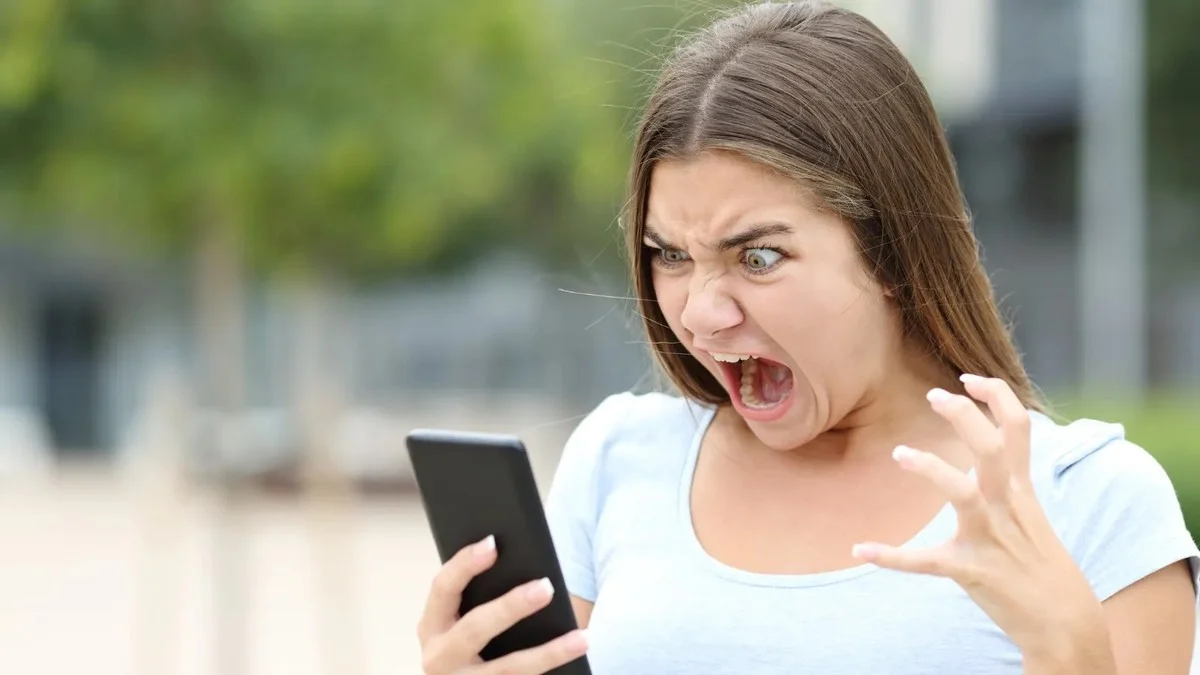14/01/2025
14/01/2025

NEW YORK, Jan 14: Rage-baiting, the practice of posting content designed to provoke strong reactions and engagement on social media, has been gaining attention recently due to its controversial nature. This tactic, often used by influencers on platforms like TikTok, aims to upset viewers and attract angry comments, driving significant profits, sometimes in the six-figure range. While you might not see rage-bait posts flooding your feed, a new study shows that the more time you spend on social media, the more likely you are to feel irritable.
The study, published in JAMA Network Open, was led by Dr. Roy Perlis, a professor of psychiatry at Harvard Medical School. Researchers collected data on the social media habits of adults aged 18 and older, comparing usage with scores from an irritability scale. While past research has linked social media to anxiety and depression, irritability is significant on its own, as it can be associated with serious issues like suicide risk, substance use, and even violence. According to Perlis, "Irritability is important in its own right, not just because it is common in depression.”
The study found that people who spent more time on social media were significantly more likely to feel irritable. For example, those who used social media most of the day scored much higher on the irritability scale compared to those who rarely used it. Over 78% of respondents reported using social media daily, with nearly 25% saying they used it most of the day. The study also found that frequent use of TikTok was most strongly linked to irritability.
It remains unclear whether social media causes irritability or if irritable people are more likely to use social media, or if both factors influence each other. Jean Twenge, psychologist and author, suggests that social media tends to externalize emotions like anger, contributing to feelings of irritability.
Not all platforms contribute equally to irritability. TikTok, along with X (formerly known as Twitter), showed a stronger connection to irritability compared to Instagram. Perlis noted that the type of content on these platforms could play a role. TikTok's focus on opinion-driven content may be more likely to provoke strong emotional responses, while Instagram, often associated with body image and diet, may contribute more to depression than irritability.
Even when researchers accounted for political engagement on social media, the link between time spent on platforms like TikTok and X and increased irritability remained. This suggests that factors beyond political discourse contribute to the connection. The study also indicated that people who used social media several times a day reported slightly lower irritability scores than those who were on it for most of the day. According to Perlis, "Some amount of use can be a net positive — it’s just finding ways to moderate that use."
So, how can we improve our social media experience? Experts agree that moderation is key. Perlis suggests that learning to regulate social media use is likely the most effective way to manage irritability. Twenge emphasizes the need to balance online time with other activities, such as getting enough sleep, exercising, and spending time with people in person. It’s also important to consider how social media use impacts relationships, as increased irritability can negatively affect those around us. By being mindful of our social media habits, we can maintain a healthier, more balanced approach to digital engagement.


